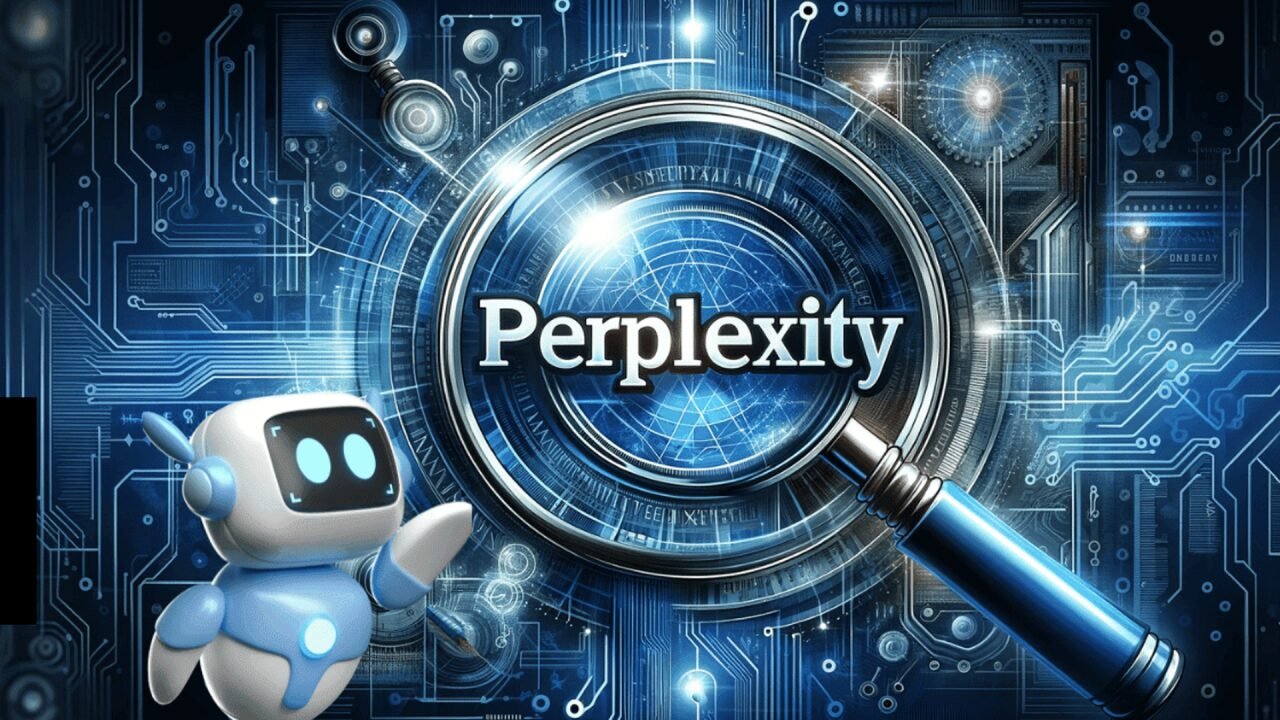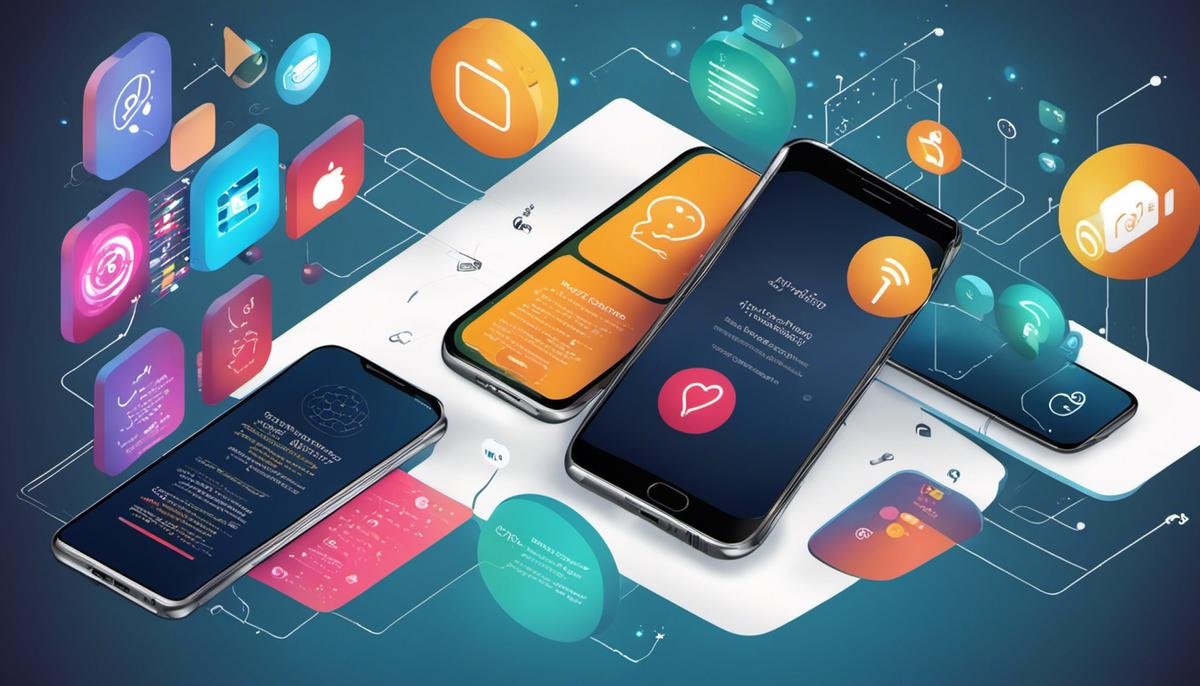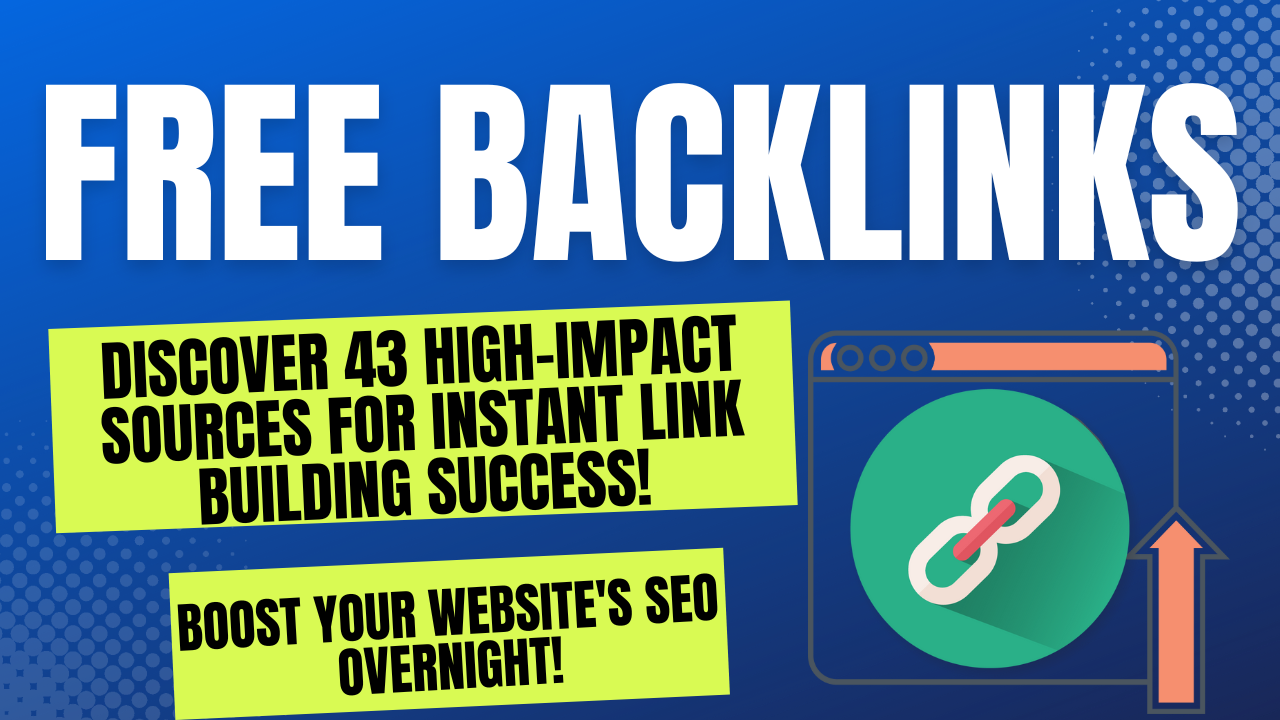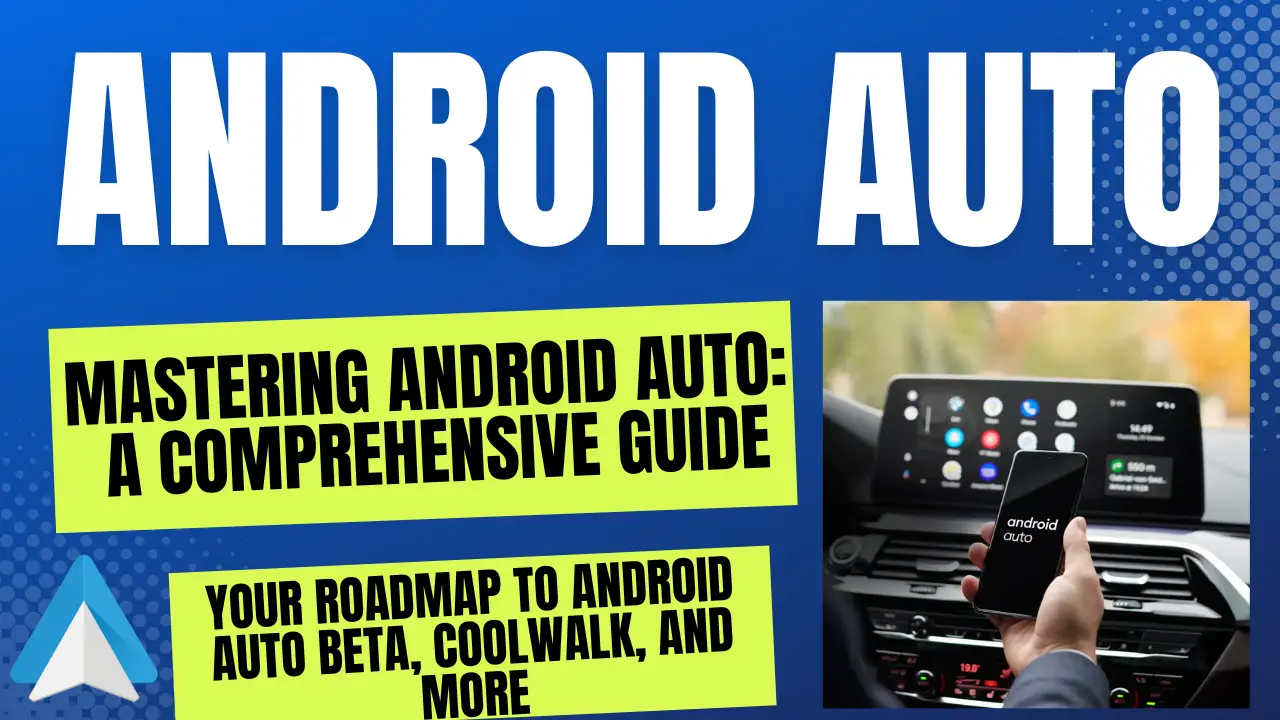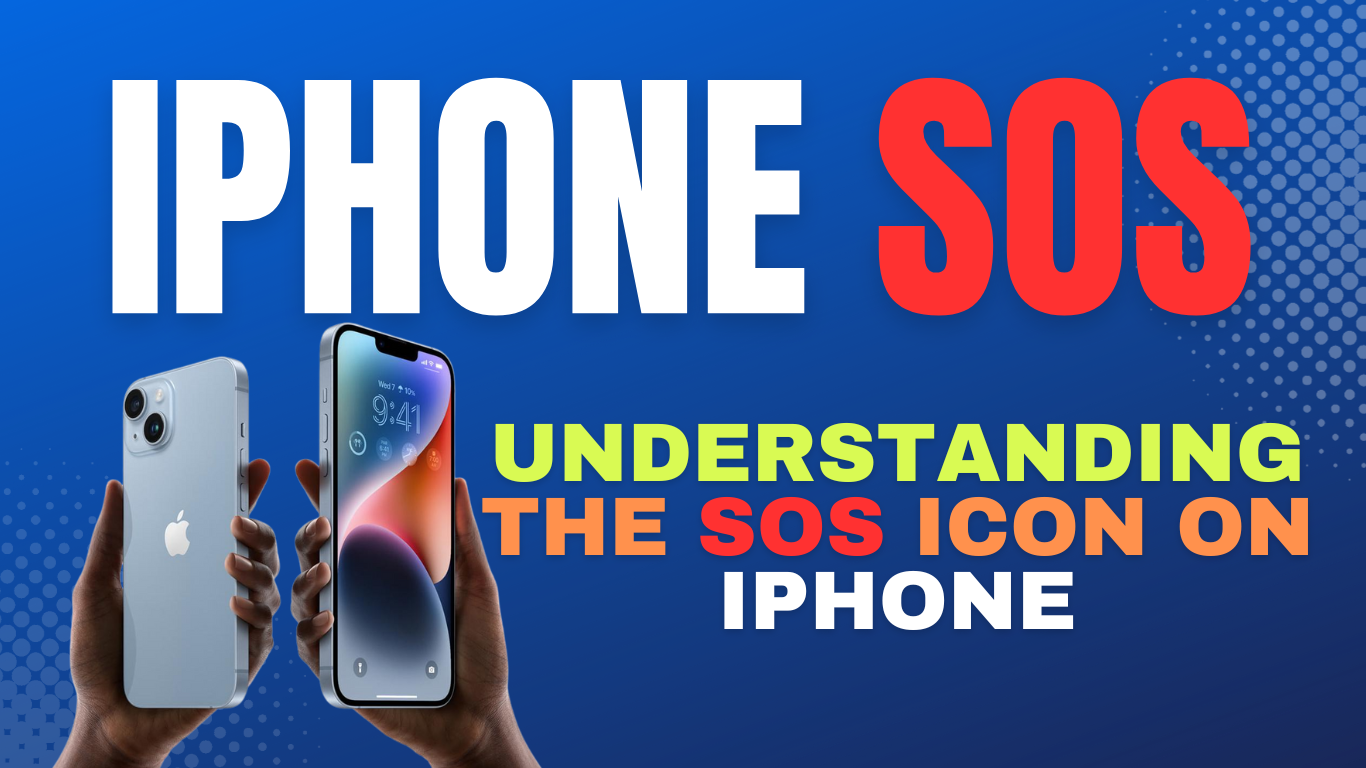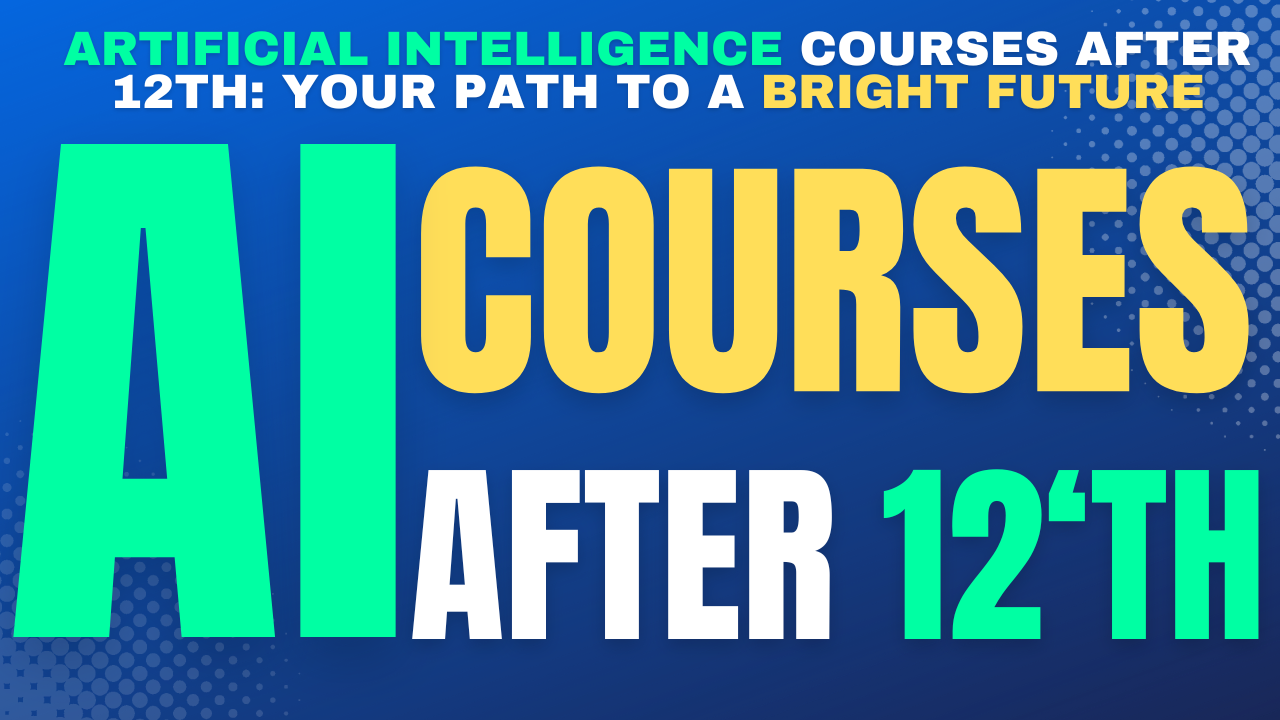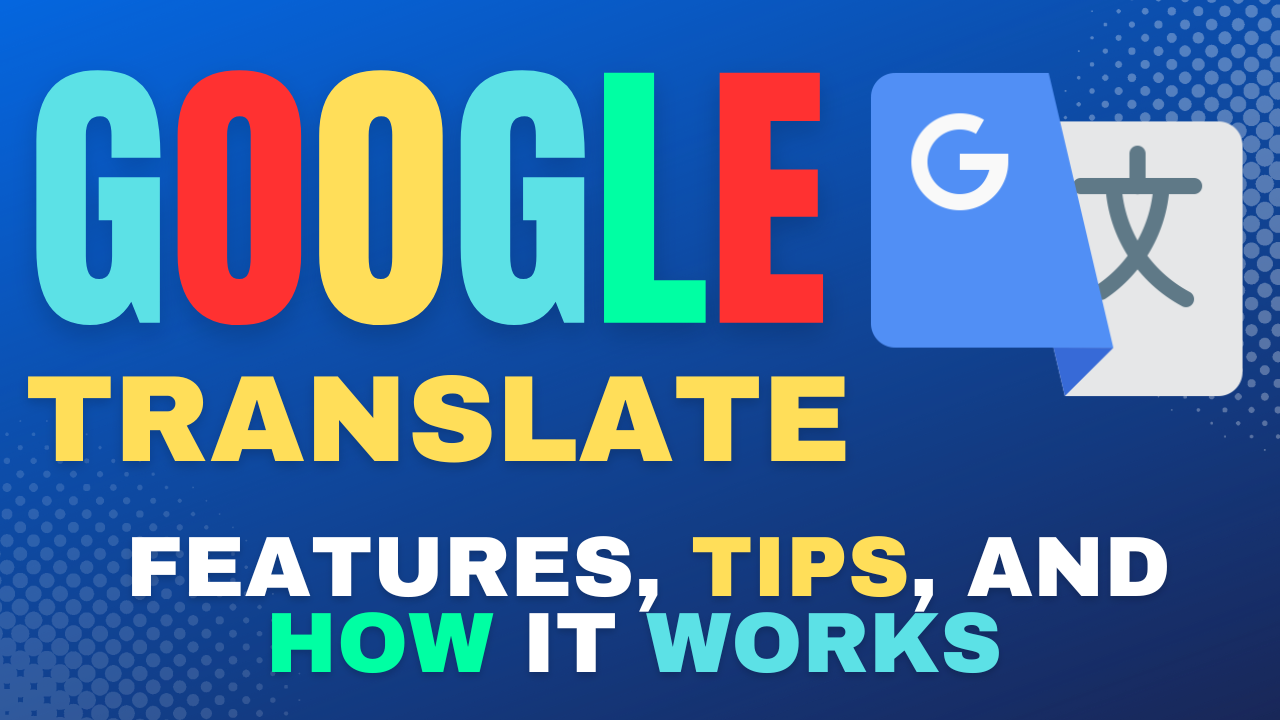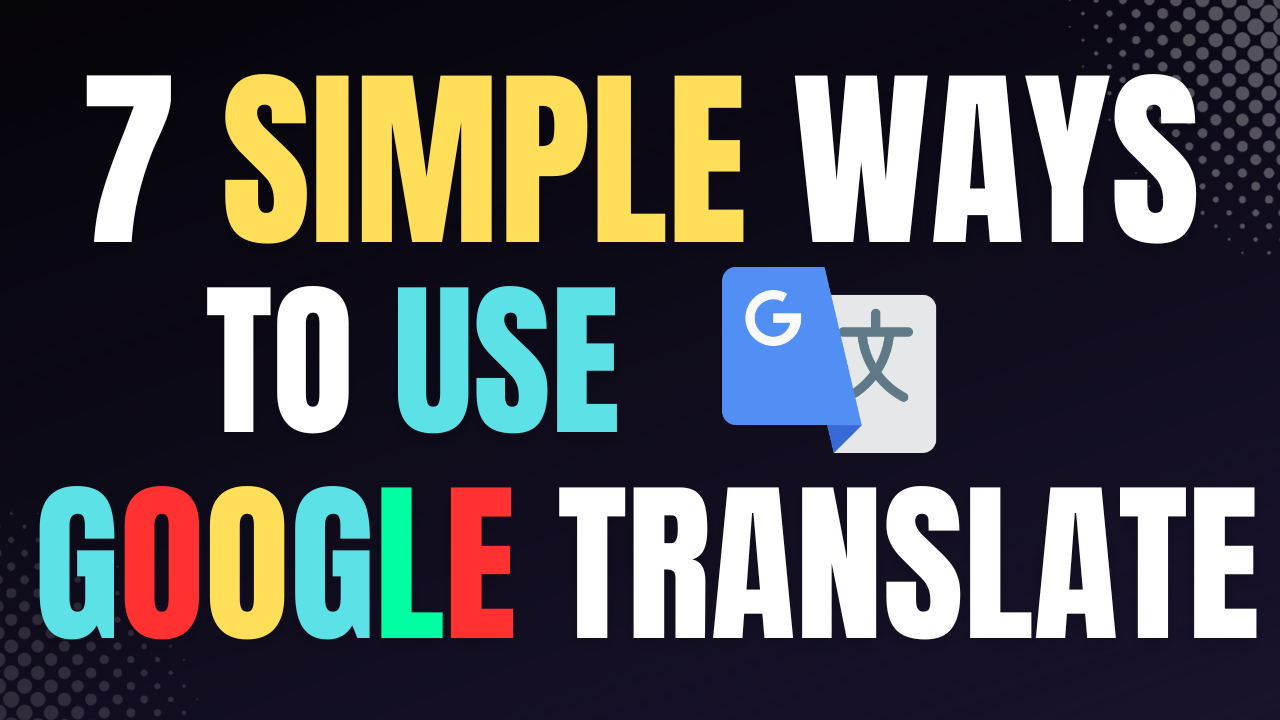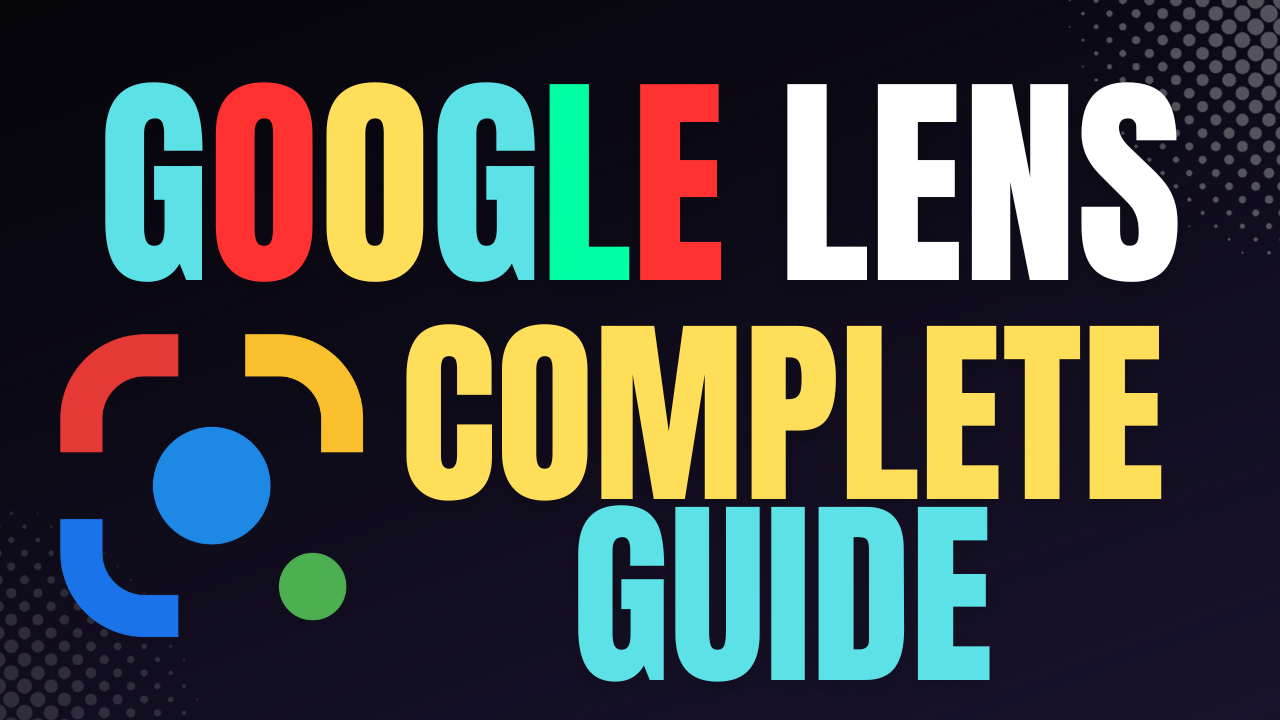ChatGPT is an AI-powered natural language processing tool designed for engaging in human-like conversations and a variety of other tasks. This language model can respond to queries and assist with activities such as composing emails, writing essays, and even coding.
Getting Started with ChatGPT
As of now, ChatGPT is accessible to the public for free. Additionally, there is a subscription-based version called ChatGPT Plus, which was introduced in early February.
The Creator Behind ChatGPT
OpenAI, a prominent AI and research company, is responsible for developing ChatGPT. The tool was officially launched on November 30, 2022. OpenAI is also recognized for creating DALL-E 2, a popular AI art generator, and Whisper, an automatic speech recognition system.
Accessing ChatGPT
To use ChatGPT, you can simply visit chat.openai.com and create an OpenAI account. An alternative URL for the chatbot is chat.openai.com/chat, which OpenAI simplified for user convenience. Once logged in, you can initiate conversations with ChatGPT by asking questions or seeking assistance with various tasks.
For detailed instructions, refer to ZDNET’s guide on how to begin using ChatGPT. Additionally, you can access ChatGPT via a mobile app available for both iPhone and Android users.
ChatGPT Pricing
ChatGPT offers a free version that caters to a wide range of tasks, including writing and coding. There is also a subscription option priced at $20 per month, known as ChatGPT Plus. Subscribers enjoy several benefits, including uninterrupted access, GPT-4 capabilities, faster response times, and the ability to integrate internet plugins.
The free version retains most of the same technical capabilities, with the exception of access to GPT-4 and internet integration, which are guaranteed in the subscription model.
Dealing with Capacity Issues
When ChatGPT reaches its capacity due to high user demand, it may temporarily deny access to new users. To avoid waiting, ChatGPT Plus subscribers enjoy general access even during peak times, faster responses, and priority access to new features. Alternatively, you can explore Bing’s AI chatbot, Bing Chat, which offers free usage, runs on GPT-4, and provides internet access.
Versatility of ChatGPT
Beyond answering simple questions, ChatGPT serves a multitude of functions. It can compose essays, provide detailed descriptions of art, generate AI art prompts, engage in philosophical discussions, and even assist with coding tasks. Users find value in creating to-do lists, including packing and grocery lists, to enhance daily productivity.
How ChatGPT Operates
ChatGPT operates on a language model architecture developed by OpenAI called the Generative Pre-trained Transformer (GPT). The specific GPT used in ChatGPT is fine-tuned from the GPT-3.5 series. ChatGPT’s training data encompasses vast information from the internet, including websites, books, and news articles. It has been fine-tuned using supervised learning and reinforcement learning, specifically Reinforcement Learning from Human Feedback (RLHF).
Comparison with Search Engines
ChatGPT differs from traditional search engines in its conversational approach. While search engines index web pages to provide information, ChatGPT generates responses based on its training data, making it prone to occasional errors. Moreover, ChatGPT’s knowledge is limited to information available up to 2021, unlike search engines like Google, which offer real-time information access.
ChatGPT Plus subscribers have the benefit of Bing’s integration into ChatGPT, granting the chatbot internet access. This enables ChatGPT to understand natural language prompts and provide conversational responses.
Limitations of ChatGPT
Despite its impressive capabilities, ChatGPT has limitations. It may require users to rephrase questions for better understanding and can occasionally produce responses that lack practical sense or verbosity. ChatGPT may not seek clarification on ambiguous queries, leading to unintended answers. Additionally, ChatGPT’s data is limited to information available up to 2021, and it does not provide sources for its responses.
These limitations have been addressed through ChatGPT’s integration with Bing, offering internet access and citations, exclusively for ChatGPT Plus subscribers.
Accuracy of ChatGPT
ChatGPT, like all language models, is not infallible and can provide incorrect information. OpenAI encourages users to provide feedback by using the thumbs-up and thumbs-down buttons to improve the model. The chatbot’s lack of internet access may also contribute to potential inaccuracies.
Handling Inappropriate Requests
AI systems, including ChatGPT, can reject inappropriate requests, safeguarding against rights violations, offensive content, discrimination, and illegal activities. ChatGPT can challenge incorrect premises, answer follow-up questions, and admit mistakes when pointed out.
Diverse Uses of ChatGPT
While some users utilize ChatGPT for complex tasks like coding or content generation, it is equally suitable for casual conversations. Users can initiate friendly discussions on various topics, seek recommendations, or engage in philosophical debates.
Concerns Surrounding ChatGPT
Some concerns have emerged regarding AI chatbots like ChatGPT potentially replacing human intelligence, enabling cheating in academic settings, and spreading misinformation. OpenAI and ChatGPT emphasize the importance of verifying information received from the chatbot.
Detecting ChatGPT Text
To address concerns of students using ChatGPT for unethical purposes, OpenAI released a tool for identifying AI-generated text. While these tools are not foolproof, humans may detect AI-written text by observing ChatGPT’s consistently polite writing style, as it cannot generate metaphors, irony, or sarcasm.
The Role of ChatGPT
ChatGPT has the potential to simplify tasks, enhance productivity, and assist with various activities. However, careful consideration of its use and potential impacts is essential to harness its benefits responsibly.
Microsoft’s Involvement with ChatGPT
Microsoft has been a significant partner in OpenAI’s journey, with substantial investments and collaborations. Microsoft’s Azure service powers OpenAI’s workloads, and Bing Chat, a search engine integration of ChatGPT, has exceeded 100 million daily active users.
Comparing ChatGPT with Bing Chat
Bing Chat, running on GPT-4, offers efficiency and internet access, distinguishing it from the free version of ChatGPT. Bing Chat also provides citations for sourced information, enhancing its reliability.
Introducing Google Bard
Google Bard is a rival AI chat service introduced by Google. It utilizes a lightweight version of Google’s Language Model for Dialogue Applications (LaMDA) and draws information from the web for responses.
Comparing Google Bard with ChatGPT
ChatGPT surpasses Google Bard in terms of reliability and accuracy. While Google Bard has internet access, it frequently provides inaccurate information. Users should exercise caution when relying on Google Bard’s responses.
In conclusion, ChatGPT offers a versatile tool for various tasks and conversations. However, users must use it responsibly and verify critical information. Microsoft’s involvement and Bing Chat integration enhance its capabilities, but users should be aware of its limitations and exercise caution. Similarly, while Google Bard enters the scene as a competitor, ChatGPT remains a reliable choice for AI-powered interactions.


